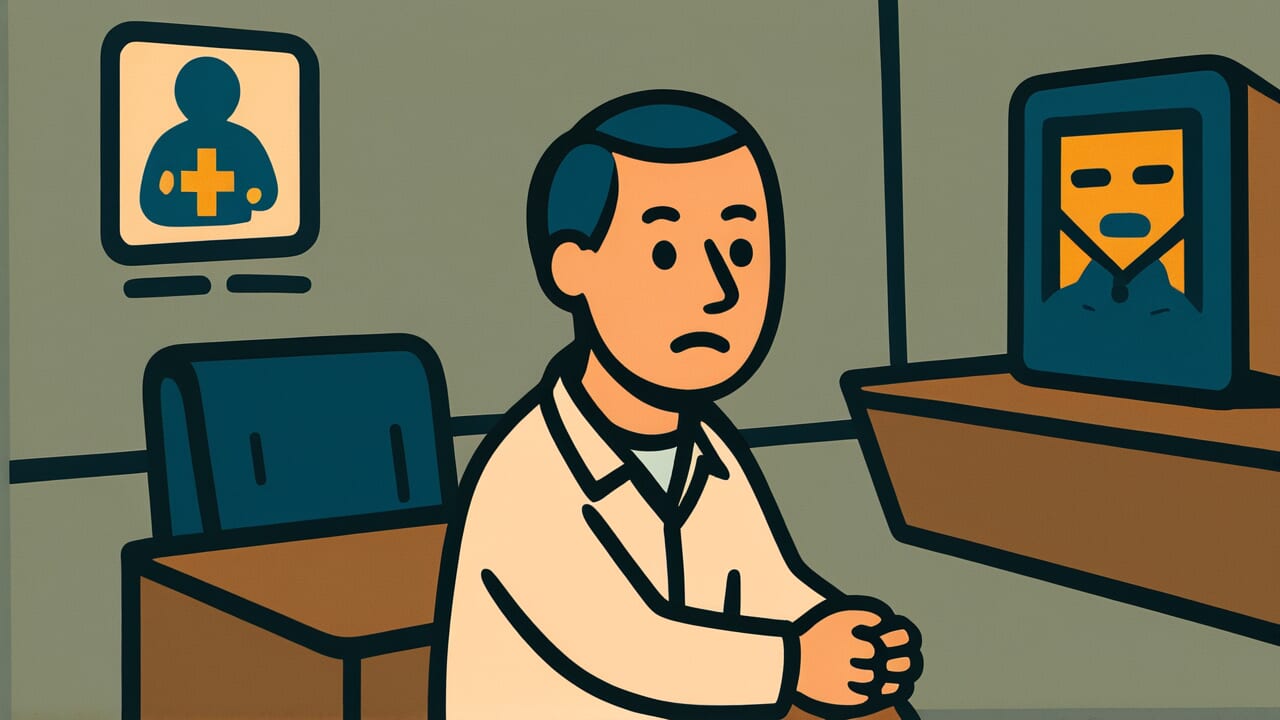How to Read “Doing nothing is doing ill”
“Doing nothing is doing ill”
[DOO-ing NUHTH-ing iz DOO-ing ILL]
All words use common pronunciation. “Ill” here means “wrong” or “bad.”
Meaning of “Doing nothing is doing ill”
Simply put, this proverb means that choosing to do nothing when action is needed is the same as doing something harmful.
The literal words tell us that inaction equals wrongdoing. When we have the power to help or make things better, staying idle becomes a choice. The deeper message warns us that neutrality isn’t always neutral. Sometimes doing nothing allows bad things to continue or get worse.
We use this wisdom today in many situations. When someone sees bullying but walks away, they’re “doing ill” through inaction. When people ignore problems at work that they could solve, their silence becomes part of the problem. In relationships, refusing to address issues often makes them grow bigger.
What’s interesting about this wisdom is how it challenges our comfort zones. Many people think avoiding action keeps them safe from blame. But this proverb suggests the opposite. It reminds us that we often have more power and responsibility than we want to admit.
Origin and Etymology
The exact origin of this specific phrase is unknown, though similar ideas appear throughout recorded history. The concept that inaction can be morally wrong has ancient roots. Early moral teachings often emphasized the duty to act when facing wrongdoing.
This type of saying became important during times when communities were small and interdependent. Everyone’s contribution mattered for survival and prosperity. People understood that one person’s laziness or indifference could harm the whole group. Moral teachings stressed that good people must actively choose good actions.
The idea spread through religious and philosophical teachings across many cultures. Different societies developed their own versions of this wisdom. The English form likely developed through centuries of moral instruction and practical experience. It reached modern usage through repeated teaching about personal responsibility and civic duty.
Interesting Facts
The word “ill” in this proverb uses an older meaning of “evil” or “wrong,” not just “sick.” This usage was common in older English when the saying developed. The structure creates a strong contrast by repeating “doing” twice, making the message more memorable and impactful.
Usage Examples
- Manager to employee: “You saw the harassment happening to your coworker but stayed silent – doing nothing is doing ill.”
- Parent to teenager: “You can’t just ignore the bullying at school and hope it stops – doing nothing is doing ill.”
Universal Wisdom
This proverb reveals a fundamental tension in human nature between self-preservation and moral responsibility. Our instinct for safety often tells us to avoid getting involved in difficult situations. We naturally want to protect ourselves from conflict, effort, or potential consequences. Yet this wisdom recognizes that true safety and wellbeing depend on everyone taking action when needed.
The psychological truth here touches on what researchers call the “bystander effect.” When responsibility feels shared among many people, individuals often assume someone else will act. This proverb cuts through that comfortable assumption. It places moral weight on each person’s choice to remain passive. The wisdom acknowledges that humans are interconnected, whether we admit it or not.
What makes this insight timeless is how it addresses the gap between individual comfort and collective welfare. Every generation faces moments when doing nothing feels easier than doing something difficult but necessary. The proverb suggests that this comfort comes at a hidden cost. When good people consistently choose inaction, the balance tips toward harm. This creates a world where everyone suffers, including those who thought they were staying safe by doing nothing.
When AI Hears This
When people choose to do nothing, they become invisible architects. Their silence shapes what happens next in powerful ways. Every non-decision is actually a vote for things to stay the same. Communities form around these quiet choices that nobody talks about. What looks like emptiness is actually the strongest building material in human society.
Humans don’t realize they’re constantly designing their world through inaction. They think watching from the sidelines makes them neutral observers. But stepping back is actually stepping forward in a hidden direction. This happens because people mistake the feeling of passivity for actual powerlessness. They genuinely believe doing nothing creates no impact on outcomes.
This invisible influence fascinates me about human behavior patterns. People wield their greatest power precisely when they feel most powerless. The quiet ones often control the room without saying anything. Their absence of action becomes the most present force shaping events. It’s like humans discovered how to move mountains by refusing to touch them.
Lessons for Today
Living with this wisdom requires honest self-reflection about our daily choices. The challenge isn’t recognizing dramatic moments when action is obviously needed. It’s noticing the smaller, everyday situations where our inaction might contribute to problems. This awareness can feel overwhelming at first, but it becomes empowering when we realize how much positive influence we actually have.
In relationships and communities, this understanding changes how we view our role. Instead of waiting for others to solve problems or speak up about issues, we can ask ourselves what small action we might take. This doesn’t mean becoming responsible for everything or everyone. It means recognizing that our choices to engage or withdraw have real effects on the people around us.
The wisdom works best when we remember that “doing something” doesn’t always mean grand gestures. Sometimes it’s as simple as listening to someone who needs support, speaking up in a meeting, or taking care of a task that others are avoiding. The key insight is that these small actions add up over time. When many people choose small positive actions instead of comfortable inaction, the cumulative effect can be powerful. This ancient wisdom reminds us that we’re all participants in creating the world we live in, whether we choose to acknowledge it or not.



Comments